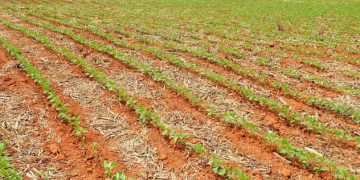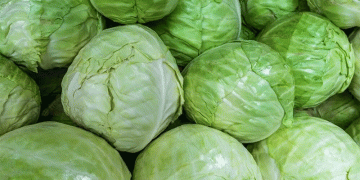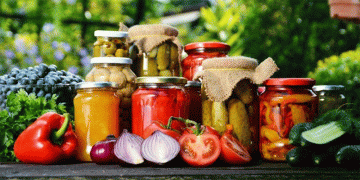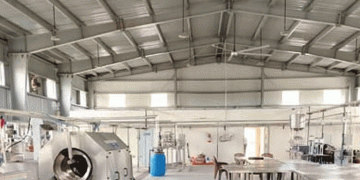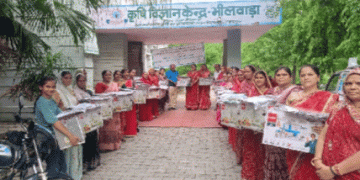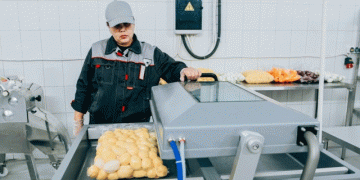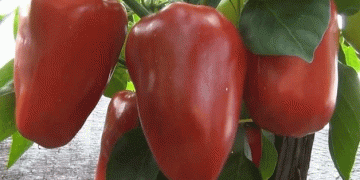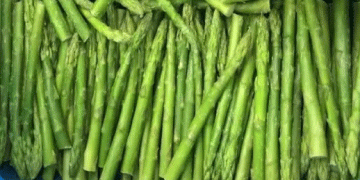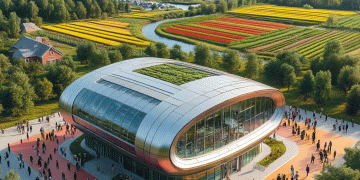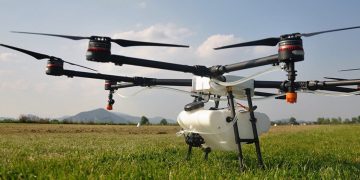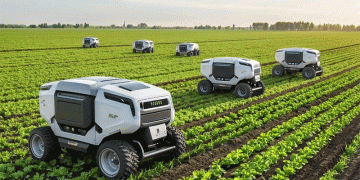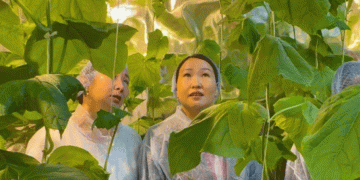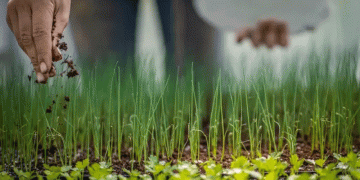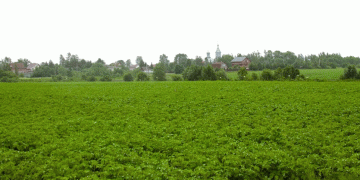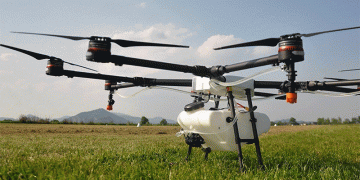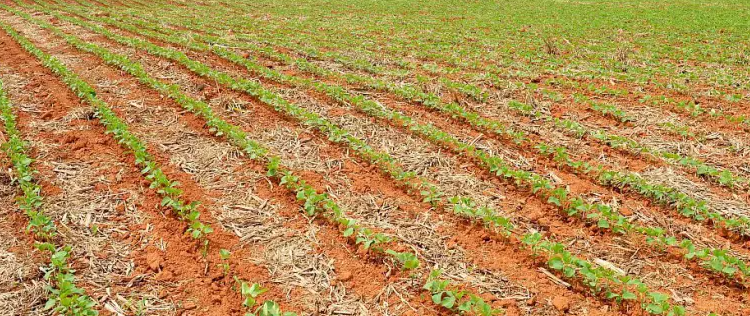#Agriculture #FertilizerSales #SustainableFarming #AgriculturalTrends #EnvironmentalImpact #SoilHealth #NutrientManagement #PrecisionAgriculture
In 2023, the Central Statistical Office (KSH) released data indicating a substantial downturn in the sales volume of artificial fertilizers within Hungary’s agricultural sector. The figures revealed a noteworthy 19% decrease, with sales plummeting to 371,000 tonnes, marking the lowest recorded volume in over a decade.
Breaking down the numbers further, the data unveiled a composition of sales, with 265,000 tonnes attributed to nitrogen-based fertilizers, 54,000 tonnes to phosphorous, and 51,000 tonnes to potassium. These figures provide insights into the specific trends within the fertilizer market, hinting at potential shifts in agricultural practices and priorities.
One of the critical indicators highlighted by the data is the per-hectare consumption of artificial fertilizers, which stood at 73 kg per hectare relative to the total farmland area in Hungary. This metric offers valuable context for understanding the utilization of fertilizers within the agricultural landscape and underscores the significance of the observed decline in sales volume.
The decline in artificial fertilizer sales carries implications for various stakeholders across the agricultural spectrum. Farmers may need to reassess their nutrient management strategies, exploring alternative practices such as organic farming or precision agriculture. Agronomists and agricultural engineers are challenged to innovate and develop sustainable solutions to maintain soil fertility and crop productivity amidst changing market dynamics.
Furthermore, scientists working in agriculture are tasked with conducting research to understand the underlying factors driving this decline and exploring avenues for promoting environmentally friendly farming practices. The shift away from artificial fertilizers underscores a growing awareness of the environmental impact of intensive farming methods and emphasizes the need for more sustainable approaches to agricultural production.
